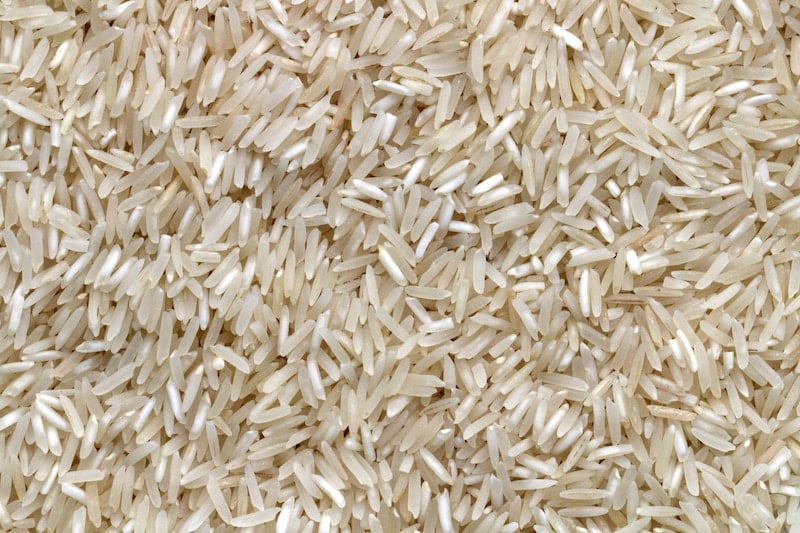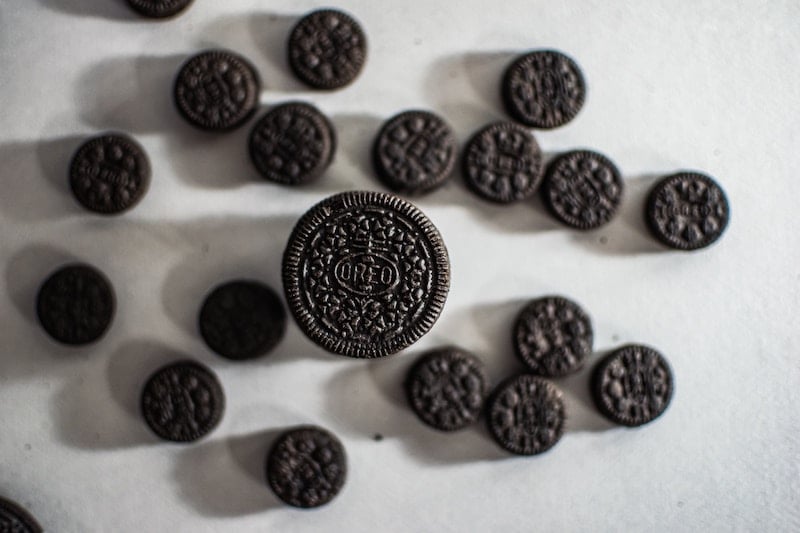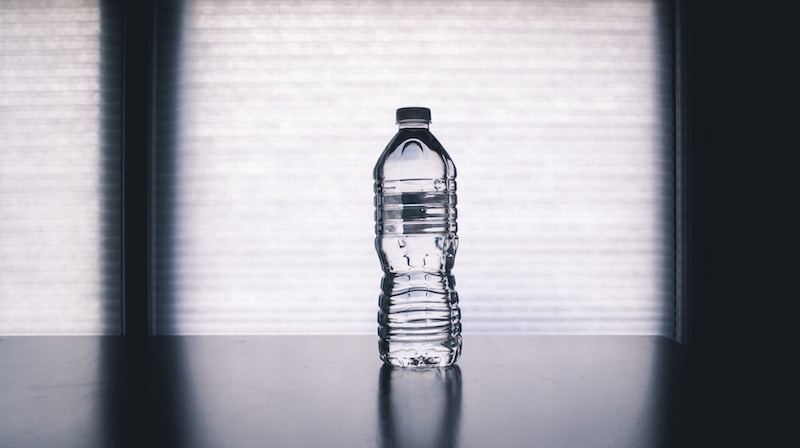A casebook of five wild Dubai myths, busted
Don’t believe everything you read, except maybe this…
It’s been said that we’re living in a post truth world, where fake news fills the airwaves and facts are as interchangeable as vape cartridges.
And whilst I would argue that that is largely not true, those of you that have decided that the algorithmic ‘up next’ function on your YouTube conspiracy binge is the last sanctuary of uncorrupted knowledge – are probably thinking “well he would say that, he’s in the media isn’t he?”
The best policy out there in the democratised news desk of Internetland – is to run all information from ‘unofficial’ sources through a bit of a skepticism filter in your own mind, an osmotic barrier meshed with the practise of critical thinking. And of course to place a higher value on what credentialled, authoritative sources are saying than what your aunt Pauline has forwarded you on WhatsApp. Even if it is a welcome change from requests for Farmville bucks.
With this in mind, we’re asking you to don a tin foil chapeau, flip an Illuminati gang sign and join us as we dive down the alternative fact rabbit hole of some of the wilder myths disproved in Dubai.
The mysterious case of the rip-off rice

Back in February of 2022, the Food Safety Department of Dubai Municipality had to address rumours circulating on social media that plastic rice had somehow made its way into the local market. Granted, sometimes those 2am orders might not be a restaurant’s best work but the idea of them serving actual plastic feels like a stretch. Putting to one side the cui-bono (who benefits) objection to such a claim, and ignoring the financial disparity between the cost of engineering and manufacturing grain-shaped microplastics versus using an actual plant that grows in the ground and self-propagates, there was no empirical evidence provided to support the claim. The Food Safety Department statement clarified “we carry out the necessary checks for imported and local food products and monitor all these products to ensure their safety and suitability for human consumption, including rice products”. Myth: busted.
A completely bananas theory about Somalian zombie worms

OK, I might have oversold this one. It’s about a video that was doing the rounds on Facebook in January of 2022, claiming that bananas imported to the UAE from Somalia were at risk of containing a worm (helicobacter) that can cause brain death. Rude. Yet again, the claims made in the video were not based on information obtained from any named source, and worse, contained assumptions that were the most piffly sort of balderdash. First, helicobacter is a pathogen, but it (as the name clearly denotes) is a type of bacteria. Not a worm. What’s going on withe the worm though? Sure, some species of worm do use fruit as a food source, but it’s usually at a stage of their life cycle where they’re far smaller than the ones shown in the video, meaning they were likely planted. The worms, as well as the bananas. Dubai Municipality confirmed that “this news is not true, and warns the honorable public of the danger of circulating such rumors if they are not from reliable or official sources”.Myth: busted.
Wondering lonely, of the clouds

Not all rain is caused by cloud seeding. Ironically this is one theory where a tin foil hat might help (to keep you dry at least). We realise this is not a commonly held belief, but following every inundation recorded in Dubai, you can guarantee at least a scattering of amateur meteorologists will sprout out of the desert sands screaming the words ‘cloud seeding’. Fact check: not all rain is from cloud seeding and not all cloud seeding produces rain. According to an article in Gulf News, reporting on the International Rain Enhancement Forum — “the UAE performs about 1,000 hours of cloud seeding on average each year”. And whilst that is a considerable amount of time tinkering with the troposphere there has always been, and remains to be, a significant quantity of precipitation that is completely natural. There is also some natural rainfall that is enhanced by cloud seeding efforts. Beware of anyone telling you about “the right/wrong clouds for cloud seeding”. Especially if they use terminology like ‘fluffy’. Myth: busted.
Do you accept these cookies?

Not even the humble Oreo is safe from the ravages of the rumour mill. In January of this year, the Food Safety Department at Dubai Municipality had to step in once more over some crumby talk about risky biscuits. The supposition was that Oreos contain alcohol derivatives and certain animal products, with some unnamed sources even alleging pork contaminates and that is why they are not labelled as halal. The authorities reminded the public that “food products that do not contain meat or its derivatives and alcohol do not require the word “Halal” to be mentioned on their food label”. They also tested samples of the popular sandwich cookies, and guess what – no naughty stuff. Snacc status maintained, myth: busted.
The curious case of the exploding Golden Water

In March of 2023, another consummable-demonising video was circulating on the unsubstantiated rumour’s favourite bulletin board – social media. This time it was about a water brand, ‘Golden Water’ – whose products were alleged to have a strange taste, contain chemicals and catch fire very quickly. Which is an impressive feat for a substance that’s usually the primary tool in putting fires out. The Municipality waded into the discussion and delivered a knock out punch. Golden Water is not authorised for sale in the UAE. It also suggested that the assertions made in the video “lacked scientific validity” and issued a reminder that “both imported and locally produced water are subject to strictly controlled for quality checks, in coordination with the Ministry of Industry and Advanced Technology, in order to guarantee their safety and suitability for human consumption”.
Images: Unspalsh
